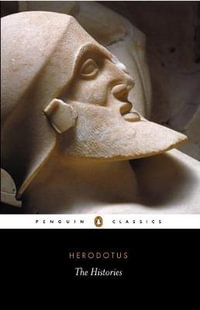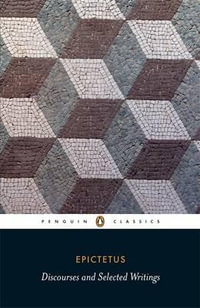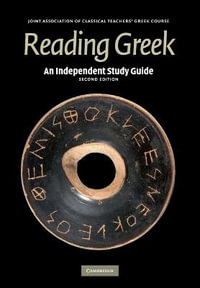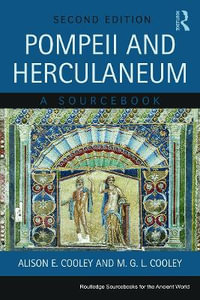Forming the final part of the Sanskrit Mahabharata, the Harivamsha's main business is to supply narrative details about the great god Vishnu's avatar Krishna Vasudeva, who has been a comparatively minor character in the previous parts of the Mahabharata, despite having taken centre stage in the Bhagavad Gita.
Krishna is born in Mathura (some 85 miles south of present-day Delhi). As an infant he is smuggled out of Mathura for his own safety. He and his brother Baladeva grow up among cowherds in the forest, where between them they perform many miraculous deeds and kill many dangerous demons, before returning to Mathura where they kill the evil King Kamsa and his cronies. Thereafter, Krishna is the hero and unofficial leader of his people the Yadava-Vrishnis. When Mathura is besieged by enemies, Krishna leads his people to abandon the town and migrate west, founding the dazzling new city of Dvaraka by the sea. Krishna then repeatedly travels away from that base repeatedly to perform heroic deeds benefitting those in need - including his own people, his more immediate family, and the gods. After narrating the stories of Krishna, the Harivamsha ends by finishing the story of Janamejaya with which the Mahabharata began.
The Harivamsha is a powerhouse of Hindu mythology and a classic of world literature. It begins by contextualising Vishnu's appearance as Krishna in several ways, in the process presenting a variety of cosmogonical, cosmological, genealogical, mythological, theological, and karmalogical materials. It then narrates Krishna's birth and adventures in detail. Presenting a wide variety of exciting stories in a poetic register that makes extensive use of natural imagery, the Harivamsha is a neglected literary gem and an ideal starting-point for readers new to Indian literature.
Industry Reviews
"I prefer to praise the work for what it is: a full translation of the Hariva.m'sa for the general public that makes the earliest stories of K.r.s.na widely available to scholars and devotees alike, for their edification and their reading pleasure simultaneously." -- Tracy Coleman, Journal of the American Oriental Society







![Lancelot-Grail [10 Volume Set] : The Old French Arthurian Vulgate and Post-Vulgate in Translation - Norris J. Lacy](https://www.booktopia.com.au/covers/200/9780859917704/6132/lancelot-grail-10-volume-set-.jpg)
















